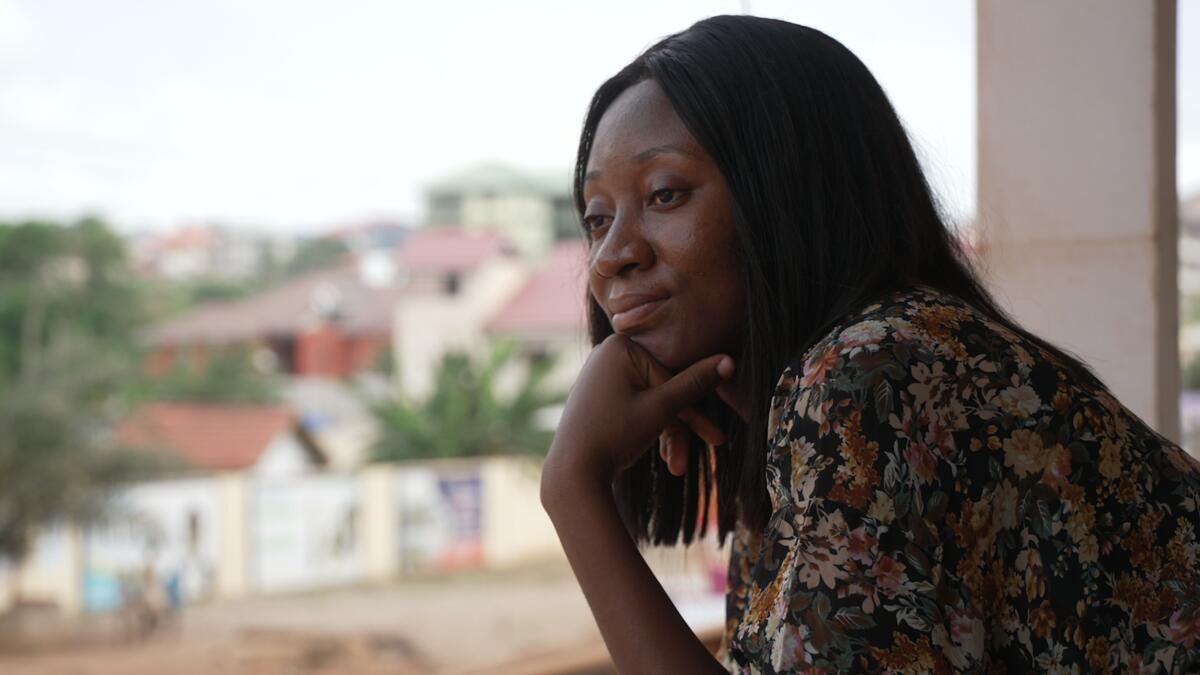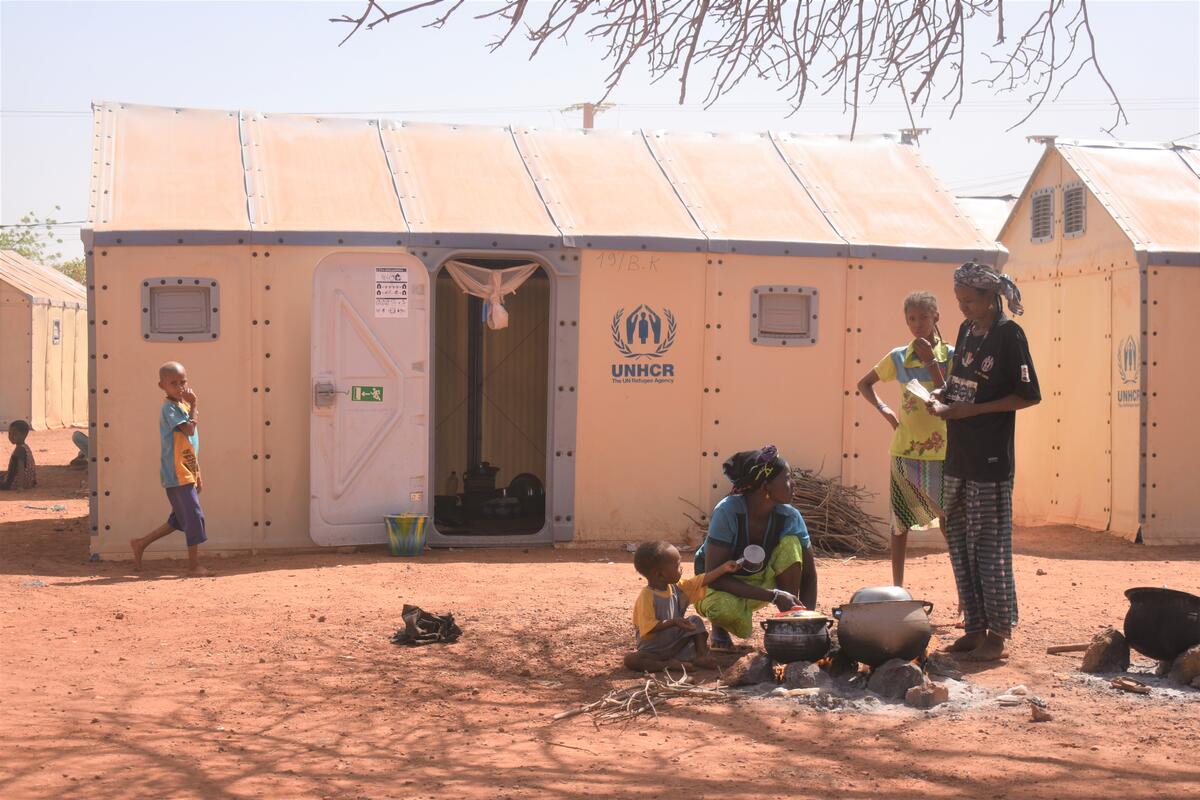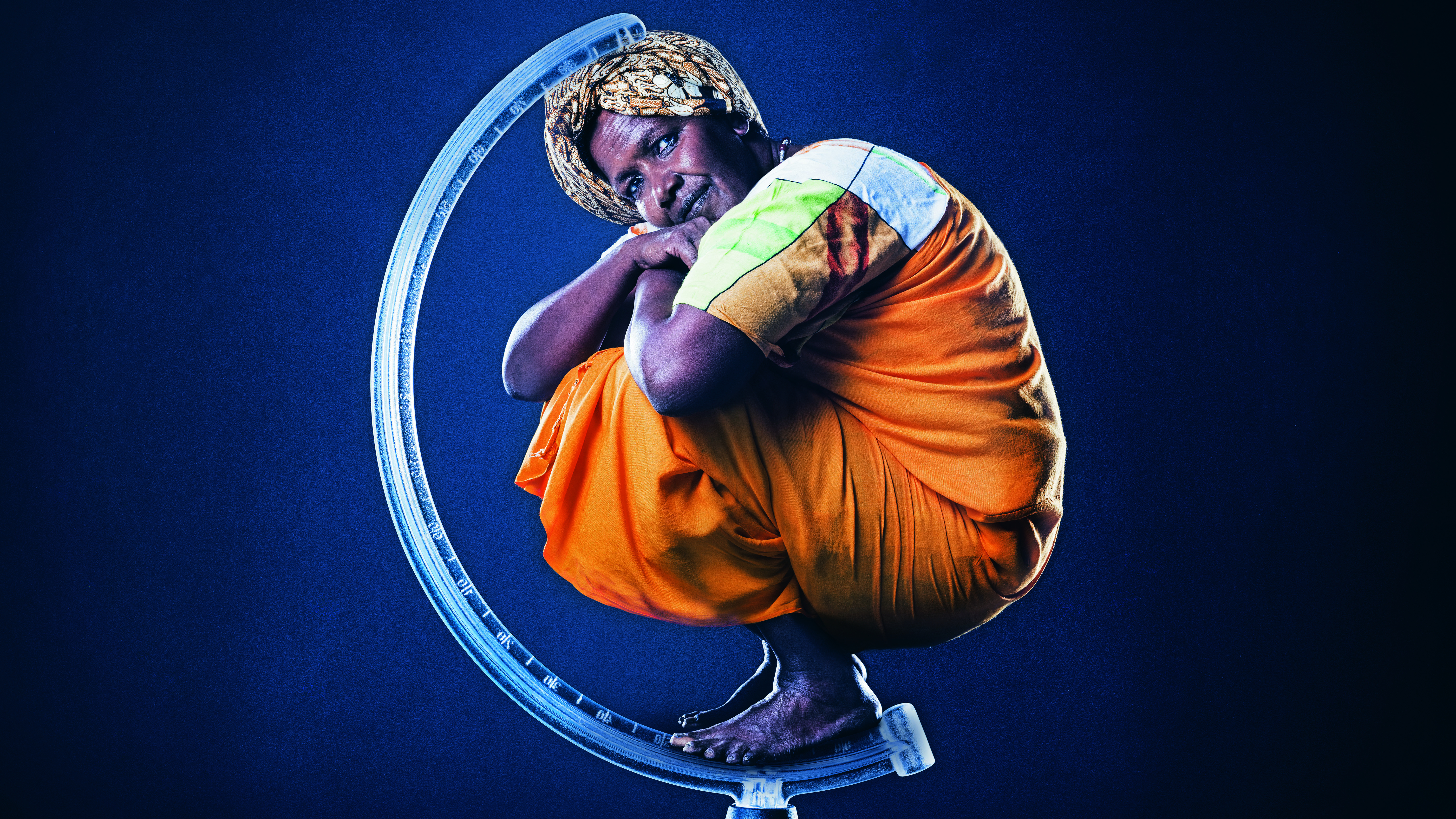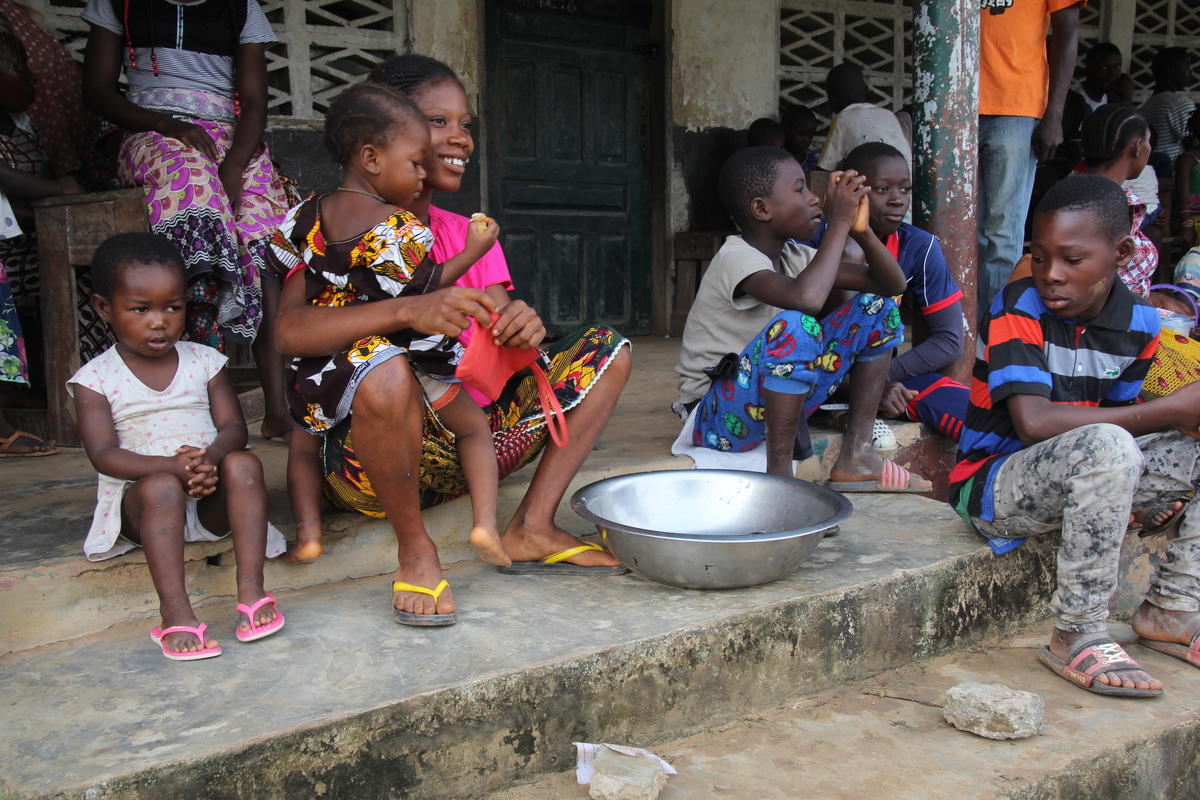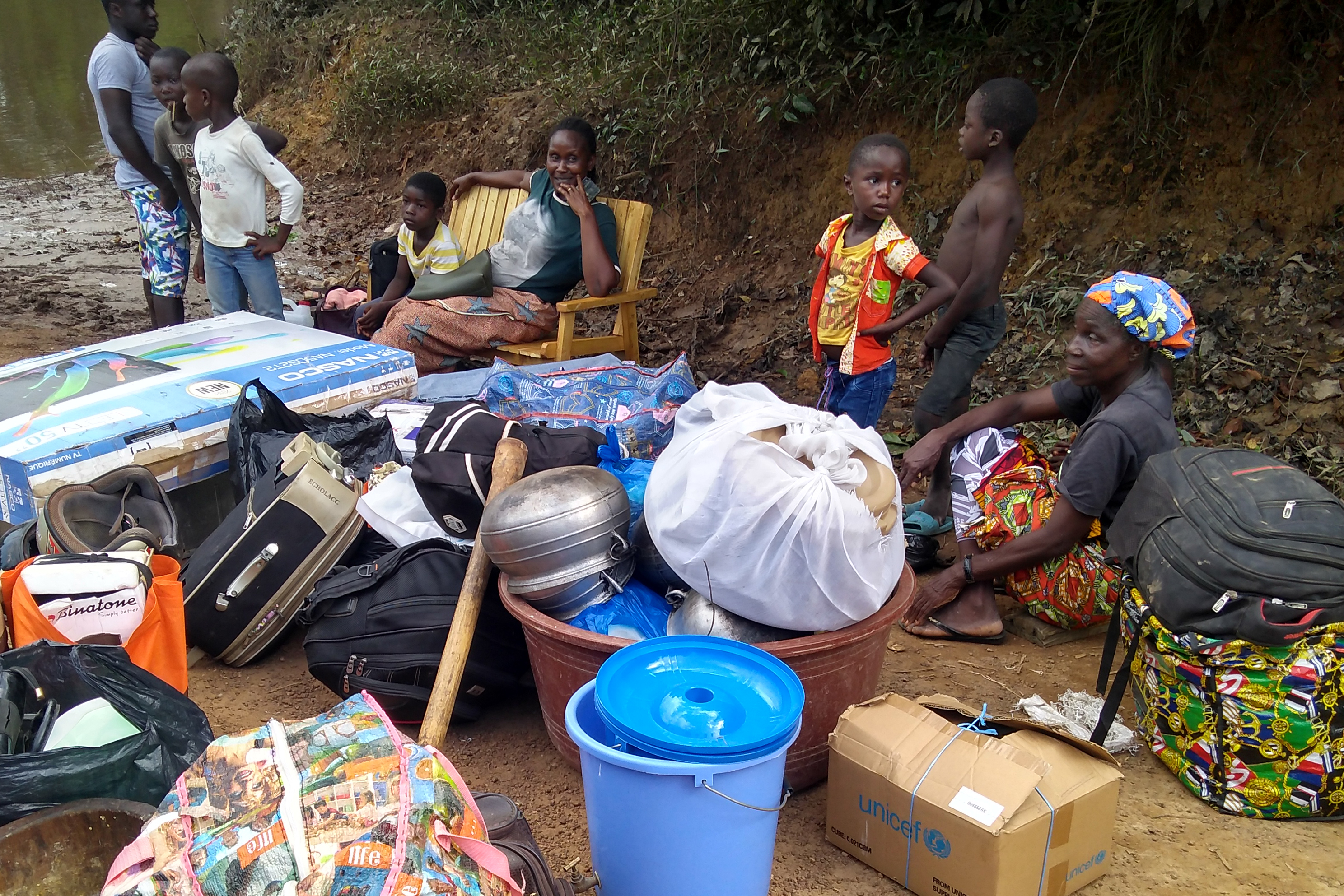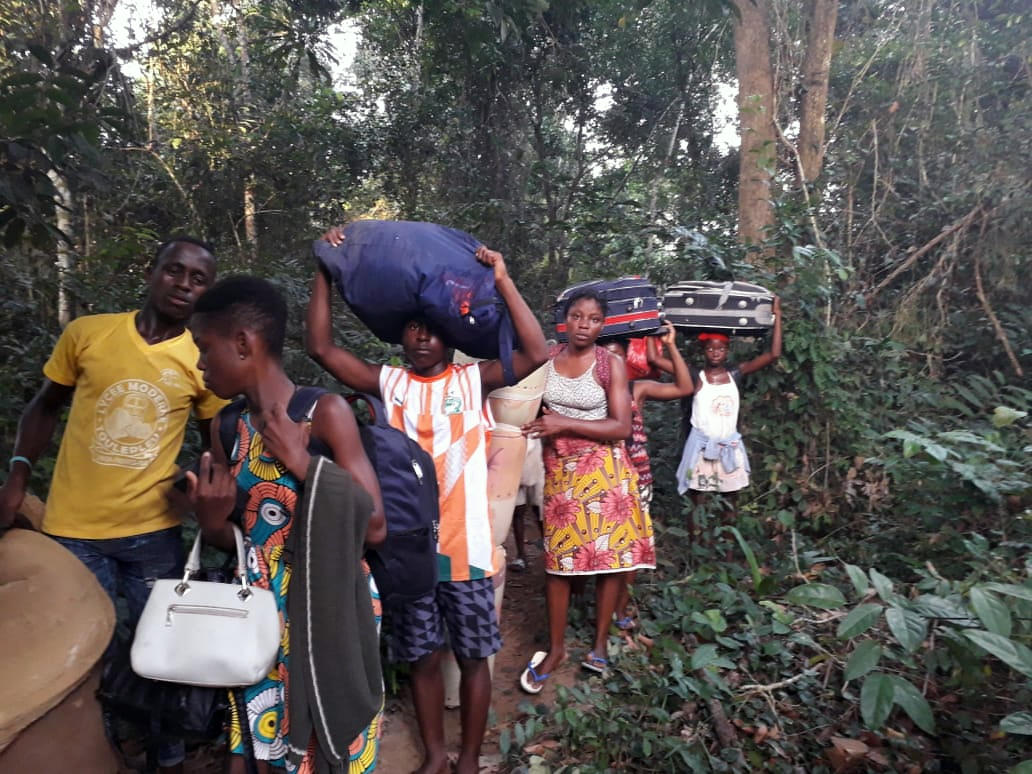Togo: outflow rises
Togo: outflow rises
The outflow of refugees sparked by the ongoing political crisis in Togo is still rising, with 18,500 refugees now reported by UNHCR in neighbouring Benin and Ghana. Some 10,000 arrivals have been recorded in Benin, and about 8,500 in Ghana since Togo's election results were announced a week ago (26 April).
In Benin, refugees are reporting that more arrivals are on the way, particularly from the Togolese capital of Lomé, and Aneho, close to the Benin border. UNHCR is extending its monitoring activities further north from the main border crossing point at Hilakondji following reports that refugees may be entering Benin at informal crossing points, then making their way south.
Since the weekend, 1,150 refugees have been transferred to Benin's Lokossa camp, which is being rapidly expanded to a maximum capacity of 5,000. Come camp, which is already full, is sheltering 1,100 Togolese. Some refugees, who had previously hoped to find family and friends to stay with, are now asking to go to the camps because they could not locate their relatives. A new transit centre, with better sanitation and facilities is being prepared at Grand Popo to assist new arrivals and some 300 refugees currently living in church grounds close to the border.
In contrast to Benin, the pace of refugees arriving in Ghana yesterday slowed to about half compared to previous days. On Monday, 1,079 new arrivals were recorded at the Aflao border post close to Lomé, and after noon the number of border crossings was nearly back to normal. There are reports that some refugees are seeking safety in Ghana overnight and returning to work in Togo during the day. Other reports indicate some refugees are already returning home. We are currently consolidating our data. Virtually all refugees crossing into Ghana have been staying with welcoming family and friends.


